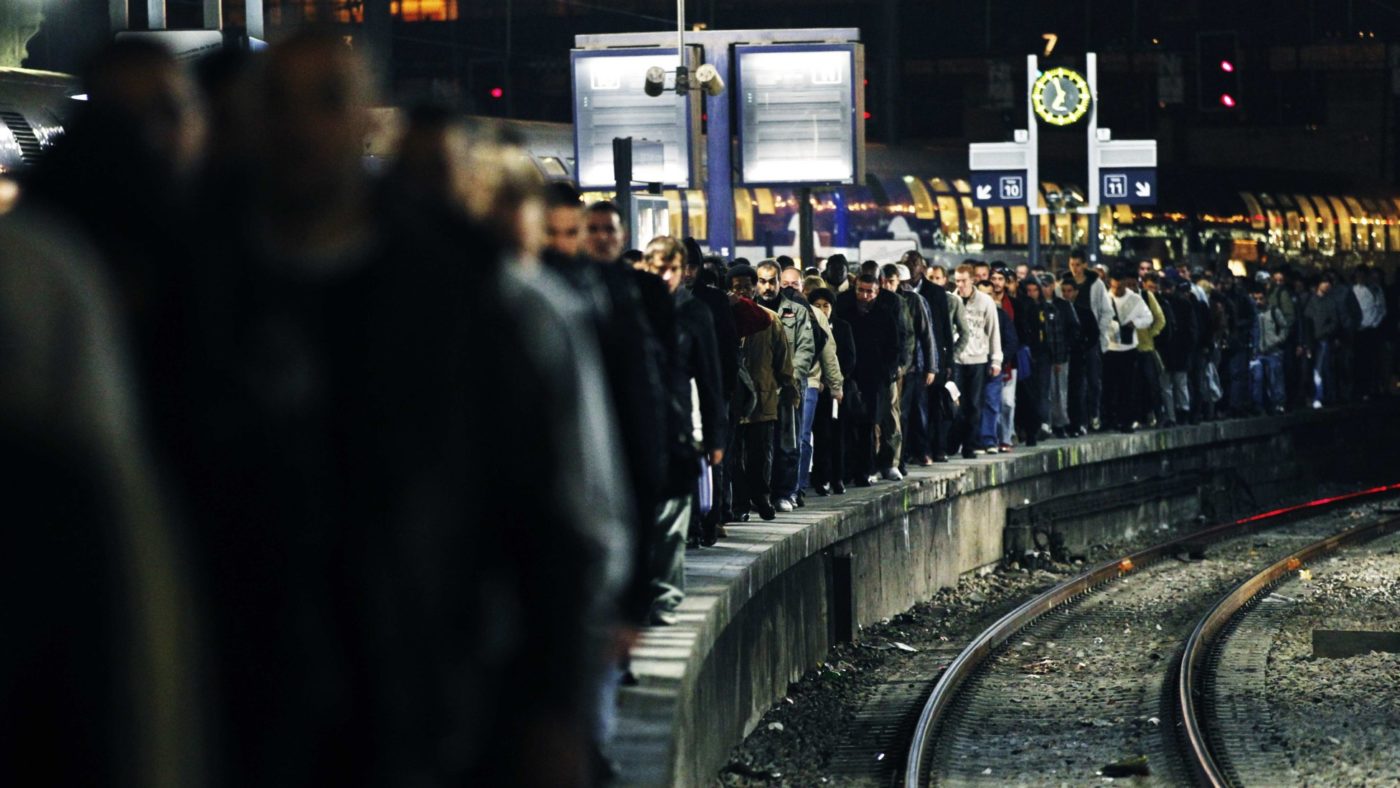When you’re taking the train in Europe, governments are usually involved – either through state-run or state-subsidised options. Inevitably, these services have deteriorated over time, due to a lack of competition, while the fares have increased. Just look at France. The Republic’s railway network might be lauded internationally, but not by the French, whose complaints are numerous.
Since the start of this decade, the amount spent on it has tripled to over €19 million. In a poll conducted two years ago, only 54 per cent of users described themselves as being “satisfied” with the service, compared with 73 per cent in 2006. The repair work going on in thousands of locations across the country means train travel is often slow and delayed. Meanwhile, over €100 million has been lost in fraud, €44 billion in debt (expecting to pass €50 billion by 2020), and €4.9 billion is still needed for investment in the decade-old infrastructure. Forty per cent of the track is over 30 years old and in dire need of replacement.
It’s the same in Belgium, where the state-run SNCB runs an annual deficit of between 200 and 250 million euros, and has debts of €5 billion – in a country of only 11 million inhabitants. Long-lasting strikes cripple the economy and paralyse the working population at regular intervals, just as they do in France.
In Spain, the state-run rail operator Renfe Operadora and Adif, which is in charge of rail infrastructure have an accumulated debts of €23,7 billion, with expected 2017 net losses of €457 million.
While the Continent’s commuters are increasingly looking for alternative transport, such as inter-city bus travel or carpooling, writing rail transport off completely isn’t the answer. Private operators can make travel networks function more efficiently than government can. The privately owned German bus operator Flixbus, for example, is expected to go make profits in the inter-city bus market in France next year: long before the SNCF-run Ouibus company, despite not benefiting from state investments.
The European Union’s First Railway Directive, and its subsequent railway documents, are important initial steps towards creating a competitive and fairer market for consumers. As it states: “Greater integration of the Union transport sector is an essential element of the completion of the internal market… The efficiency of the railway system should be improved, in order to integrate it into a competitive market.”
At the moment, railway subsidies by member states are costly and inefficient. The most spendthrift countries are Spain, Italy, France and Germany – the last two spending a staggering €12 billion a year.
Rail privatisation would bring far greater efficiency to the transport of cargo, while also improving domestic passenger services, bringing lower fares and greater choice. In the Czech Republic, for example, the entrepreneur Leoš Novotný createdLeo Express, a private rail company which is attempting to drive Czech trains into the 21st century. It’s astonishing anyone takes the government-run trains, which, running on Czechoslovakia’s creaking infrastructure, are going nowhere not particularly quickly.
In Germany, however, things have started to change. Federal states are now offering regional rail traffic to the best bidder. It’s not the ideal solution, but it has enabled prices to drop, even for the main provider Deutsch Bahn.
Many fear that rail privatisations lead to price gouging, yet there is little evidence for this. In the United Kingdom there has been, since 1995, only a 2.7 per cent increase in the average cost of a single journey. If you bear in mind that today’s trains run faster, have air-conditioning and loos that people actually don’t mind using, then ‘gouging’ is something of an overstatement.
Then consider France, where where competition from car travel, carpooling, bus travel and affordable air travel is increasing, along with train fares. You’d never catch a private rail company practising same price policy as the expensive French SNCF.
That’s why, in the interest of consumers and businesses alike, it is time for European member states to put consumer mobility back on track by further rail liberalisation. If not, paying the bills of state-owned rail disasters will be a hell of a ride.


